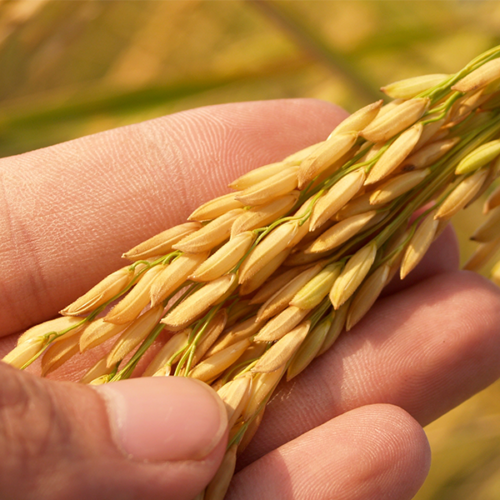
The agriculture and food system accounts for 34% of greenhouse gas (GHG) emissions. France has committed to reducing GHG emissions by 46% by 2025. A joint study by the French Society of Nutrition (SFN) and the Climate Action Network (RAC) carried out by Nicole Darmon showed that a 50% reduction in meat consumption combined with an increase in the consumption of adequate vegetables reduces the carbon impact by 35% while satisfying nutritional recommendations for adults.

The project named Economically-Powered Protein Transition through Innovation in Chains (EPPIC) has for objectives to increase production and consumption of crops high in protein and consequently to accelerate the protein transition in the Netherlands. The EPPIC project catalyses €2.6 billion in economic activity and contributes significantly to reduce greenhouse gas emission in the country.

On 25 January, 2022 the EFSA organized a webinar to introduce new services, processes for the health claim procedure following the implementation of the EU’s Transparency Regulation (2019/1381) (TR).

This Nutrinet study aims to characterize the environmental, nutritional and economic sustainability of diets. FAO has defined a sustainable diet as a

L’article L. 230-4 de la loi de modernisation agricole et de la pêche du 27 juillet 2010 a prévu un dispositif incitatif